Chuck Todd Refuses To Give Air Time To Climate Deniers: 'The Science Is Settled'
In a special “Meet the Press” episode dedicated to global warming, NBC’s Chuck Todd said he wouldn’t indulge anyone who ignored the facts.
The host delivered the message on his Sunday broadcast, which opened with footage of the destruction bred by fires and flooding.
“We’re not going to give time to climate deniers,” Todd said. “The science is settled even if political opinion is not.”
Todd also noted that there would be no discussion of whether the issue was, in fact, legitimate.
“We’re not going to debate climate change, the existence of it. The Earth is getting hotter and human activity is a major cause. Period.”
Former New York City Mayor Michael Bloomberg, whose interview was hyped well before the program aired, cautioned that any 2020 candidate for the Oval Office “better darn well have a plan” to tackle the environment. He has not yet ruled out seeking the presidency himself.
Climate scientist Kate Marvel echoed Bloomberg’s seriousness on the issue, citing California’s devastating wildfires this year as a sign that President Donald Trump needed to “wake up the country, wake up the world” on just how critical the matter is.
“We are talking about something that affects the planet that we live on,” Marvel said. ”...It should feel overwhelming because it is overwhelming.”
Related...
Call It What It Is: Climate Cover-Up, Not Climate Denial
How Our the Changes in Our Climate Today Are Different Than Climate Changes of the Past
The Climate Is Changing For Climate Skeptics
Also on HuffPost
A Bumpier Ride?
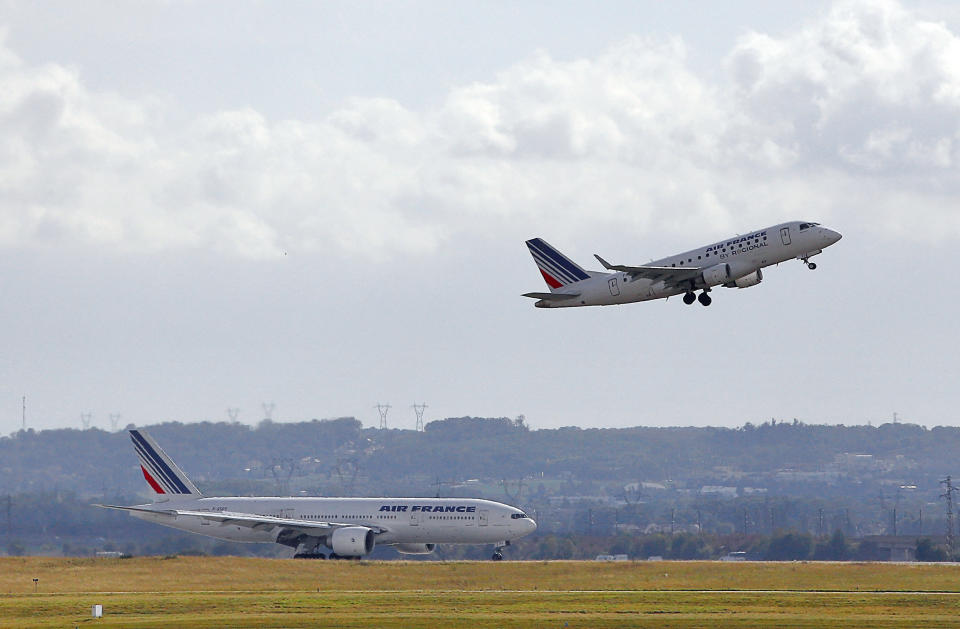
Not A Drop To Drink
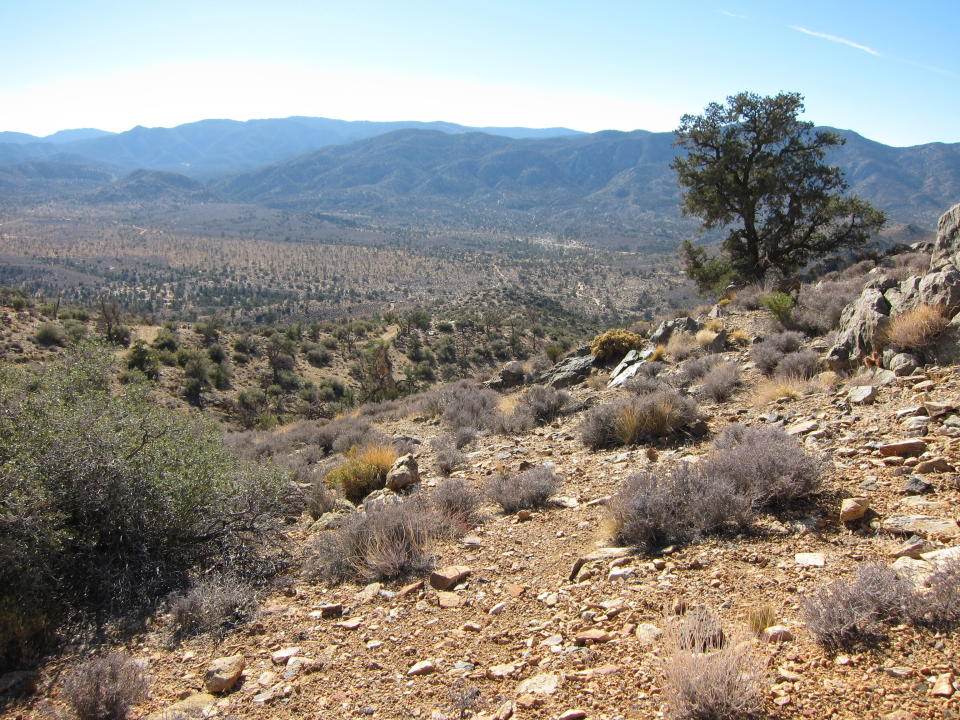
A Mighty Wind
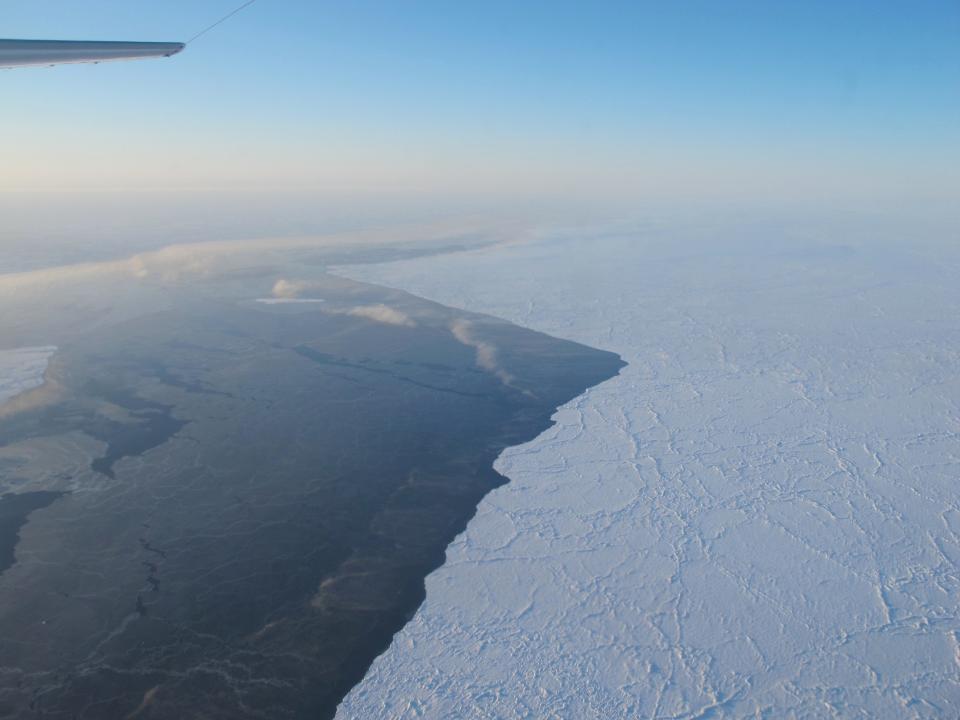
Worsening Allergies
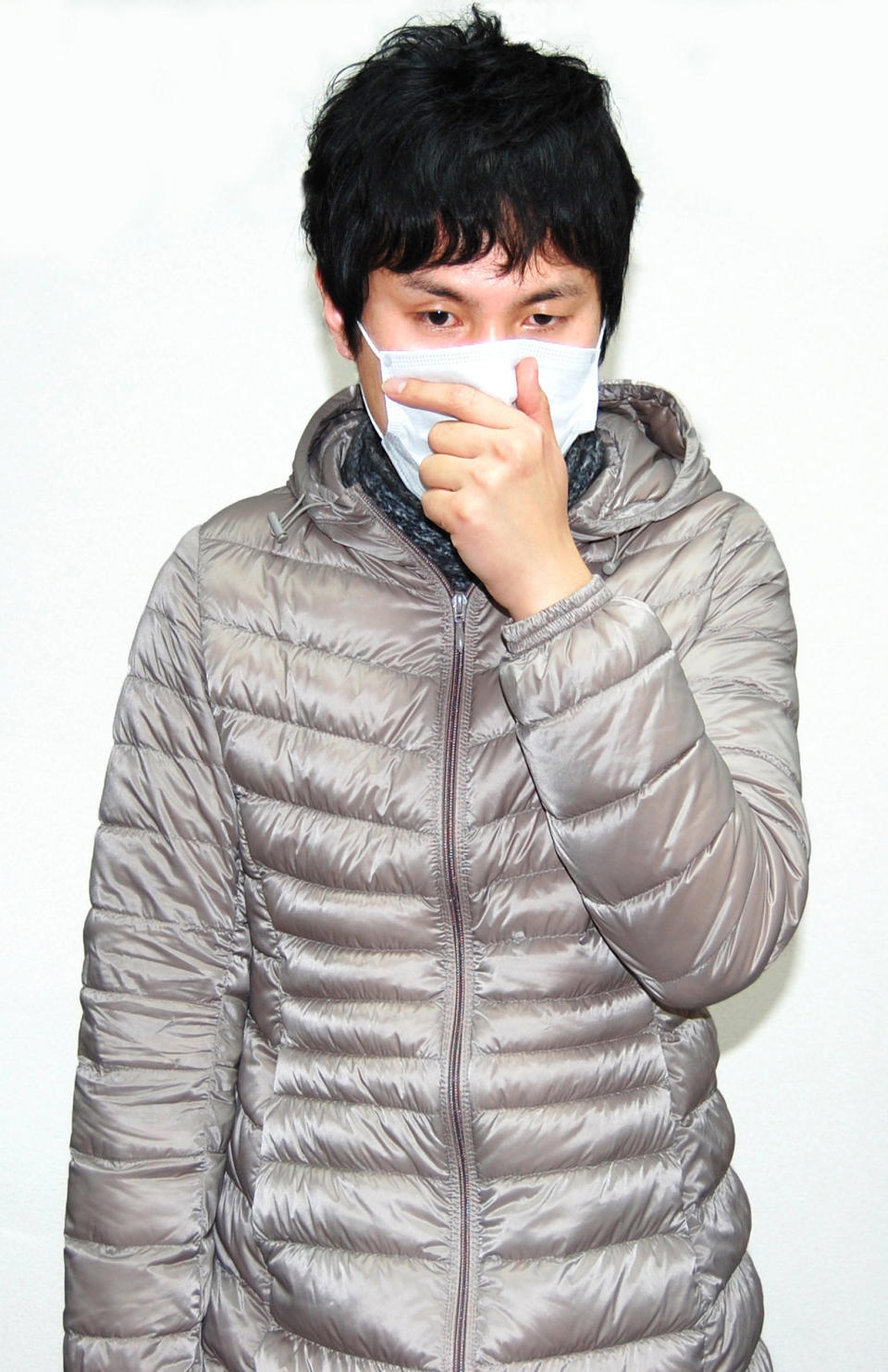
Wine To Go?

Home Sweet Home
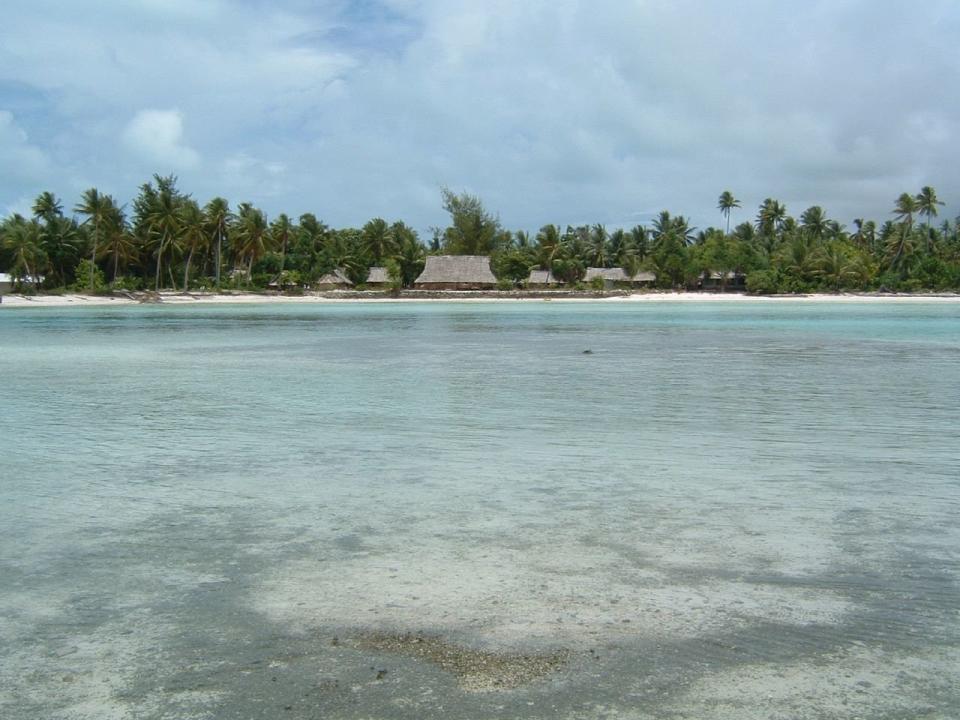
Trouble On The Ice

A Damper On Your Raw Bar?
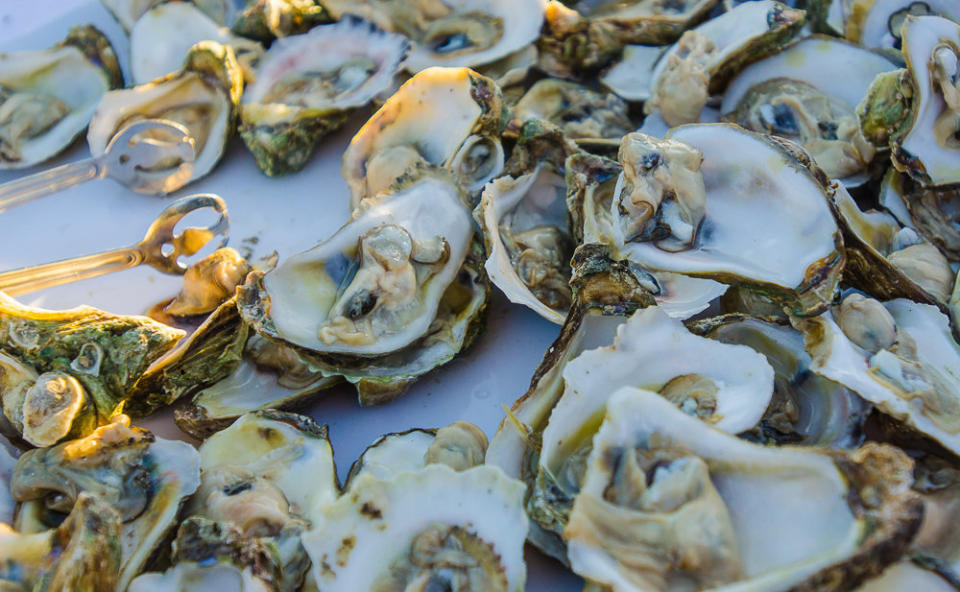
The Color-Changing Bears
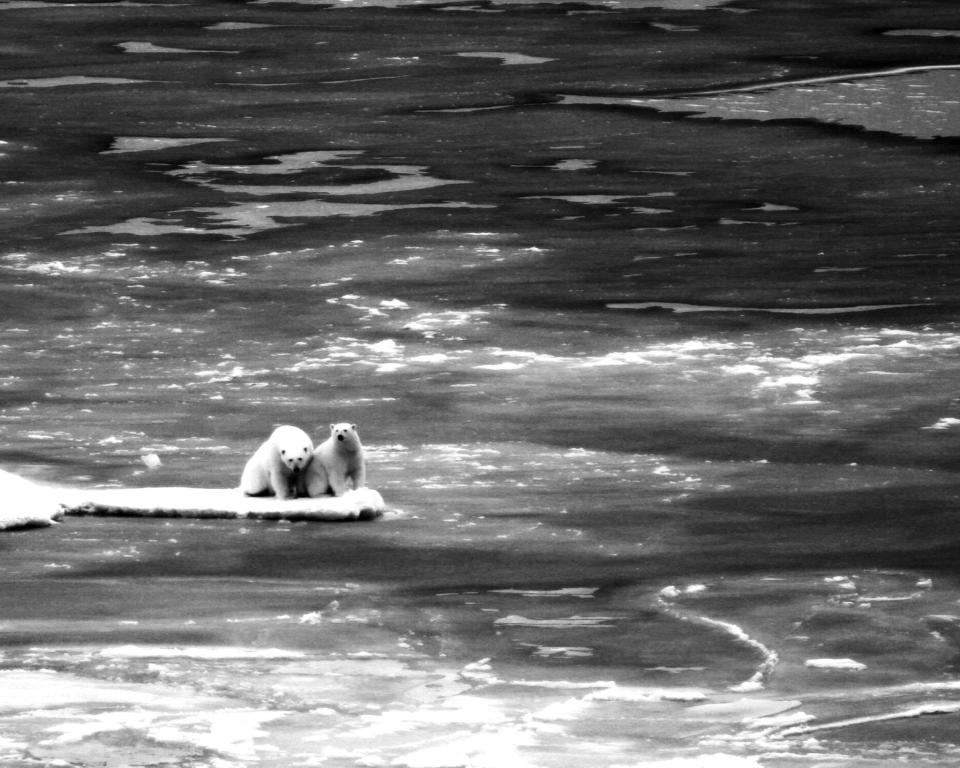
Less Time On The Chair Lift
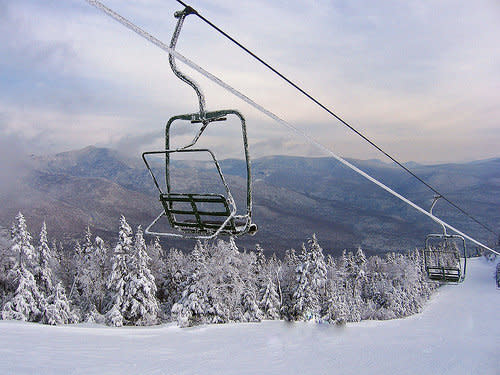
A Cold Cup Of Coffee

Love HuffPost? Become a founding member of HuffPost Plus today.
This article originally appeared on HuffPost.


